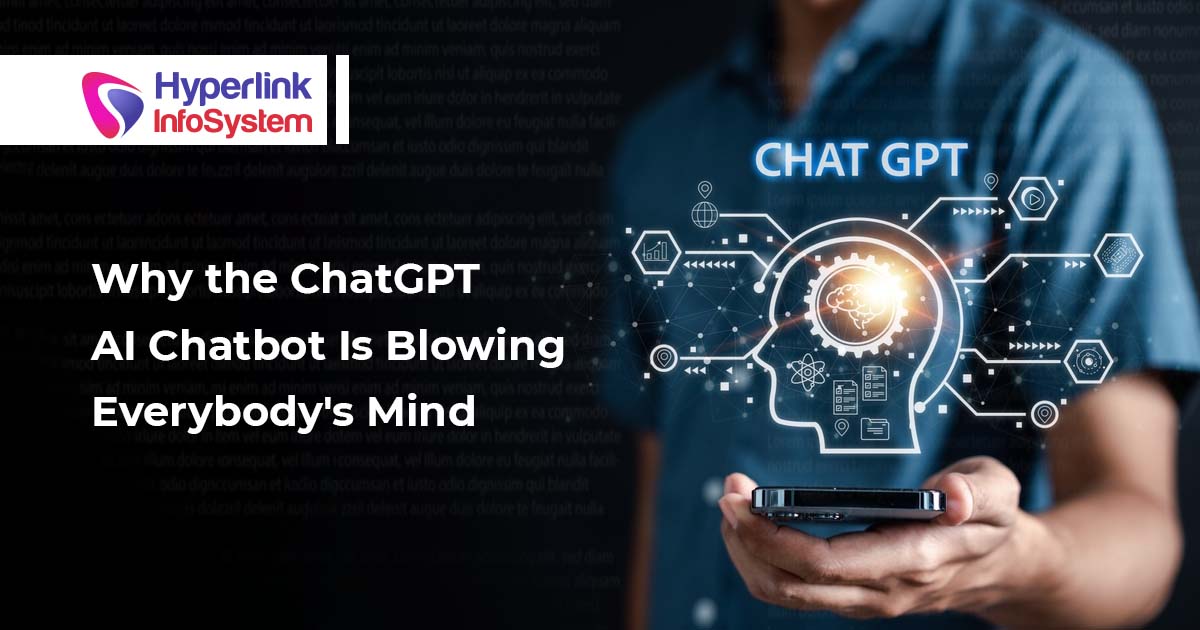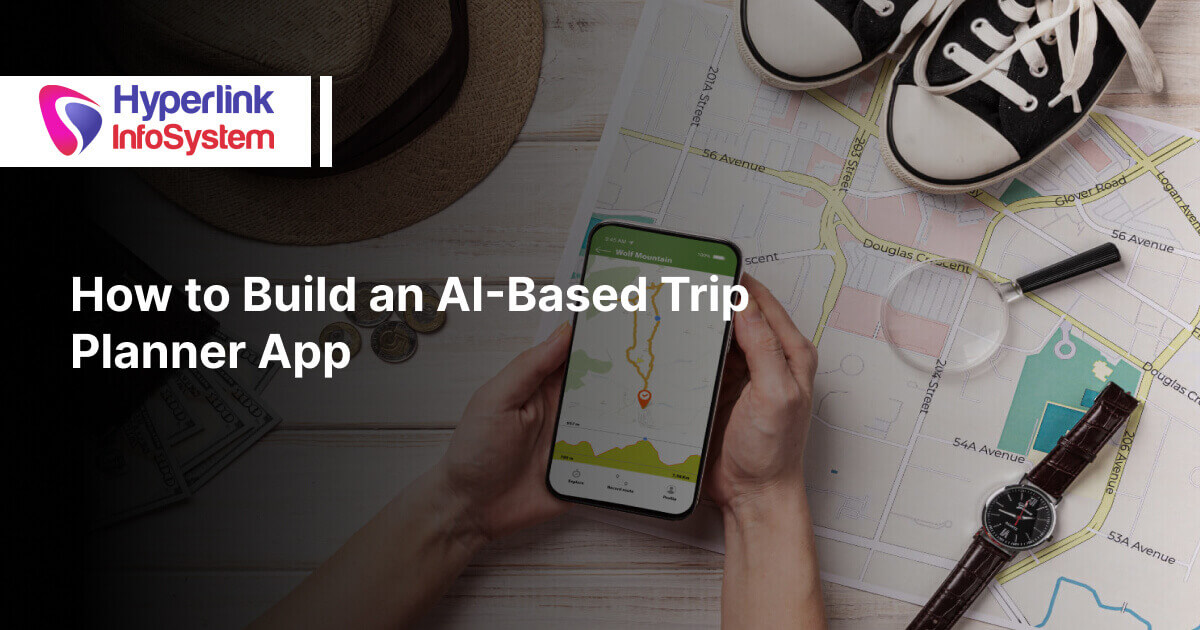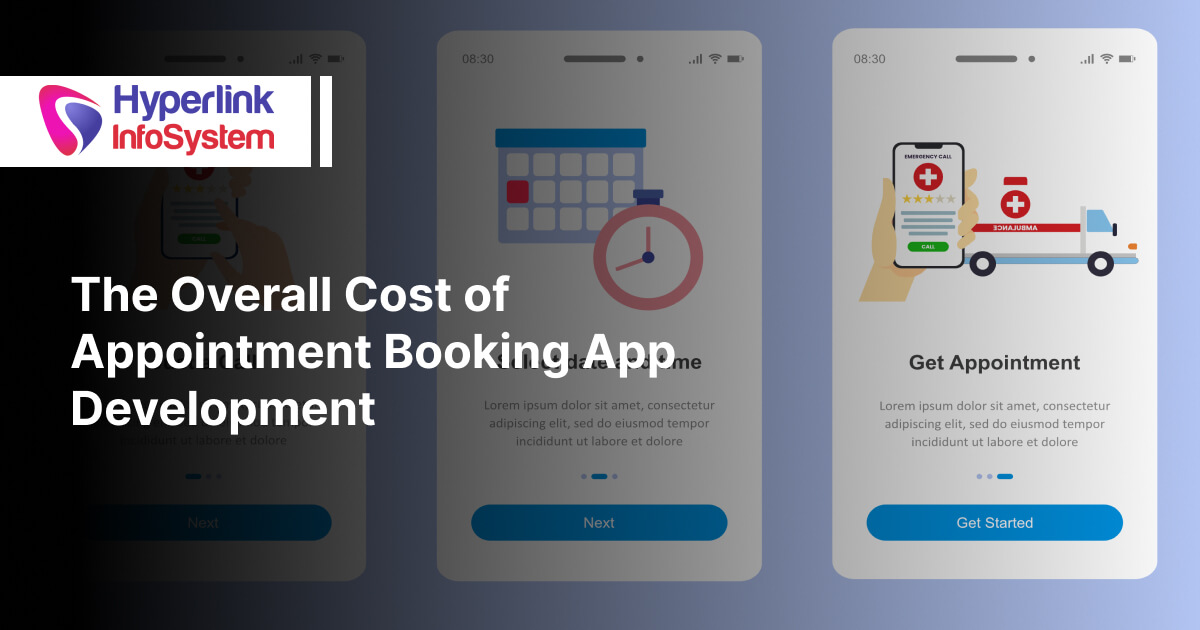For some time now, the banking, finance, and insurance industries have been abuzz with talk of artificial intelligence (AI) and machine learning (ML). After Chris Stone's LinkedIn post about using OpenAI ChatGPT to write his posts for LinkedIn for a week went viral, it made too much noise in the market. The subsequent responses from ChatGPT are conversational if a little stilted. The AI chatbot keeps track of the conversation's flow and bases its subsequent responses on previous queries and answers.
You can type natural language prompts using the tool, which is produced by OpenAI, a major artificial intelligence player. It gets its information from the vast amounts of data available online.
Bing processes search requests, gathers information from various sources, summarizes documents, creates travel itineraries, responds to queries, and generally just chats with people using OpenAI technology.
That has the potential to revolutionize search engines, but it has been beset by issues like factual mistakes and bizarre conversations.
What is ChatGPT?
In order to showcase and test the capabilities of a very large, powerful AI system, OpenAI released ChatGPT in November. ChatGPT is a conversational AI chatbot trained by OpenAI. A sophisticated neural network built on the ground-breaking Attention concept is known as the Generative Pre-Trained Transformer (GPT).
ChatGPT can respond to follow-up inquiries, acknowledge mistakes, refute unfounded assumptions, and reject inappropriate requests thanks to the dialogue format.
You could, for instance, query the encyclopedia with the following: "Why not? Describe Newton's laws of motion. You ask it to create a computer program that will demonstrate all the possible word combinations. You can ask it to "Write me a story," and after it has, you can instruct it to "Now make it more exciting."
Another feature that makes ChatGPT stand out is its ability to save context from users' earlier statements in a thread and use it to inform responses later in the conversation. ChatGPT can deliver responses that are remarkably human-like thanks to the vast amounts of data it has been trained on.
According to a February estimate by UBS analyst Lloyd Walmsley, ChatGPT had amassed 100 million monthly users the month before, accomplishing in just two months what had taken Instagram and TikTok, respectively, two and a half years and about nine months, to do. According to internal sources cited by The New York Times, 30 million people use ChatGPT every day.
Also Read, The 5 Most Important Tips For A Successful Chatbot
ChatGPT Is It Free?
If you're interested, you can put your name on a waiting list. ChatGPT's "compute costs are eye-watering," according to OpenAI's Altman, at a few cents per response. Yes, for the time being at least, but in January OpenAI added a paid version that reacts quicker and continues to function even during periods of high usage when others receive messages stating that "ChatGPT is currently at capacity." Once you use up your basic free level of usage, OpenAI starts charging for DALL-E art.
According to Reuters, it has informed potential investors that it anticipates revenue of $200 million in 2023 and $1 billion in 2024. However, OpenAI appears to have some clients, most likely using its GPT tools.
Will ChatGPT Enable Better Cheating By Students?
New features in ChatGPT include everything from research assistance to full-service homework assistance. Yes, but, as with many other technological advancements, the situation is not simply black or white. Many ChatGPT answers resemble student essays already, albeit frequently in a stuffier and more scholarly manner than a writer might prefer. Students could use calculators and copy encyclopedia entries decades ago, but more recently, they have had access to search engines and Wikipedia.
Google programmer Kenneth Goodman experimented with ChatGPT on various tests. It obtained scores of 70% on the United States Medical Licensing Examination, 70% on a bar exam for attorneys, 9 out of 15 on the Multistate Professional Responsibility Examination, 78% on the multiple-choice portion of the New York State High School Chemistry Examination, and 40% on the Law School Admission Test.
Can ChatGPT Write Computer Programs?
One programmer in February exclaimed, "This is blowing my mind," after posting the prompts he used to create software for a car repair shop on Imgur. "It took me less than ten minutes to finish what would have taken at least an hour."
Yes, it can write computer programs but with restrictions. In addition to producing actual programming code, ChatGPT can track the steps that people have taken.
Regarding ChatGPT's ability to explain regex, programmer James Blackwell tweeted, "It's like having a programming tutor on call 24/7." ChatGPT can parse regular expressions (regex), a powerful but challenging system for identifying particular patterns, like dates in a group of text or the name of a server in a website address.
Also Read, Why Should You Hire Dedicated App Developers In Canada?
ChatGPT vs. Different Tools
OPT:
The OPT is a competitive alternative to GPT because of a number of intriguing features. Meta's interpretation of the GPT is called the Open Pretrained Transformer (OPT). When it comes to Zero-Shot NLP evaluation, OPT and the GPT model, for instance, have accuracy levels that are fairly comparable.
BLOOM:
Tech companies have been conducting research over the past few years using enormous amounts of computing power that are unavailable to regular academics and organizations. It was founded in order to lessen Big Tech's control over Large Models. As a result, it is challenging for independent researchers to confirm or dispute the findings of the Big Tech Companies.
Google LAMDA:
Instead of using the first search engine on the internet, people could use ChatGPT to find solutions to their most urgent questions. ChatGPT is causing Google concern. LAMDA, like ChatGPT, is based on Transformer. Transformer is a neural network architecture developed by Google Research and made accessible for use in 2017.
The Transformer architecture creates a model that can be trained to read a collection of words (such as a phrase or a paragraph), pay attention to how those words relate to one another, and then predict what words it thinks will come next.
Conclusion:
More than a million people had used ChatGPT within a few days of its launch. ChatGPT is incredibly important. The tool seems to be fairly knowledgeable in areas where there is enough training data for it to learn from. We can achieve a completely new level of effectiveness and productivity by fusing the power of data science with ChatGPT's NLP capabilities. Although it is not yet omniscient or intelligent enough to completely replace all people, it is creative and capable of sounding downright authoritative in its responses.
 +1 309 791 4105
+1 309 791 4105





















































 +91 8000 161161
+91 8000 161161
